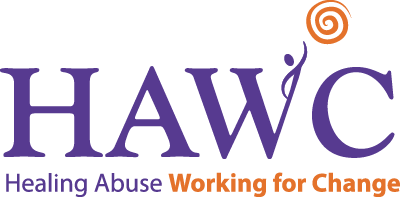In every relationship, two different sets of experiences and perspectives come together.
For some, this can be challenging, because past trauma and abuse have affected the way intimate relationships appear in day-to-day life. If you are in a relationship with someone who has experienced past trauma or abuse, there are a few ways to support them on their healing journey while also maintaining your own mental strength.
- Educate yourself.
Any form of trauma can have lasting effects on the mind, body, and soul. Take time to explore the way past abuse can impact present relationships: learn about triggers, PTSD, and panic attacks and read more or talk to someone about ways you can help your partner find healthy self-care and coping mechanisms. Often, if your partners have sought out professional support for their trauma, they have a vocabulary and tool kit around mental health that would be valuable for you to learn. - Build separate support systems.
As you enter a serious relationship, many parts of your lives may overlap. Shared interests, friends, and hobbies are all a natural part of any relationship. However, it’s also important that you both maintain independent support systems, so that you can gather outside advice, comfort, and perspectives as your partner heals. - Practice self care.
Of course, you should encourage your partners to participate in activities that help renew their minds and bodies. Self-care can range anywhere from talking to a counselor to reading books. Self-care is also about giving your emotions a break, which is why it is important that you encourage self-care in your own life as well. If you feel overwhelmed or emotionally exhausted, that’s okay! Even if you weren’t the person who experienced abuse, you may find that you sometimes need a break from the role of “caretaker.” - Know your limits.
While you are a central facet of support on your partner’s healing journey, your job is not to “fix” your partner or rewrite experiences. That is not your responsibility, and it can contribute to emotional exhaustion or unhealthy power dynamics. Instead of “fixing” your partner, you are empowering them in their recovery. This means showing your partner love, respect, trust, and support — not control of judgment. - Be patient and respectful.
Every relationship moves at its own pace, and every recovery takes time. Your relationship and your partner’s healing journey will be fluid as you learn how to navigate health intimacy together. Part of respecting and trusting the process of healing is knowing that your partner has reactions that may not correspond with your actions or intentions. Know and respect your partner’s triggers and understand that when a partner expresses discomfort around something, it’s not personal. - Communicate.
Communication is key in any relationship, but for partners who have survived abuse, communications means collaboration, shared control, and consent. Even around small decisions, a discussion about preference and choice shows partners that their voice matters. Enhancing communication can also help you learn more about your partner’s experience — still, it is essential that your partner tells you about past abuse when your partner feels truly ready to do so.Communication isn’t just initiating conversation, it’s knowing when and how to sit back and list. Keep good eye contact, ask questions, and give your partner the opportunity to say what they feel. During these conversations, respect and confidentiality should be at the forefront of your mind.
References
- Fabian, Renee. (11 August 2017). “7 Tips for Dating a Survivor of Sexual Abuse or Assault.” Talkspace. Retrieved from: https://www.talkspace.com/blog/2017/08/7-tips-for-dating-a-survivor-sexual-abuse-assault/.
- Menna, Amy. (30 July 2014). “Reconnecting After Domestic Violence: Establishing New Patterns in Intimate Relationships.” Gift from Within. Retrieved from: http://www.giftfromwithin.org/html/Reconnecting-After-Domestic-Violence.html.


